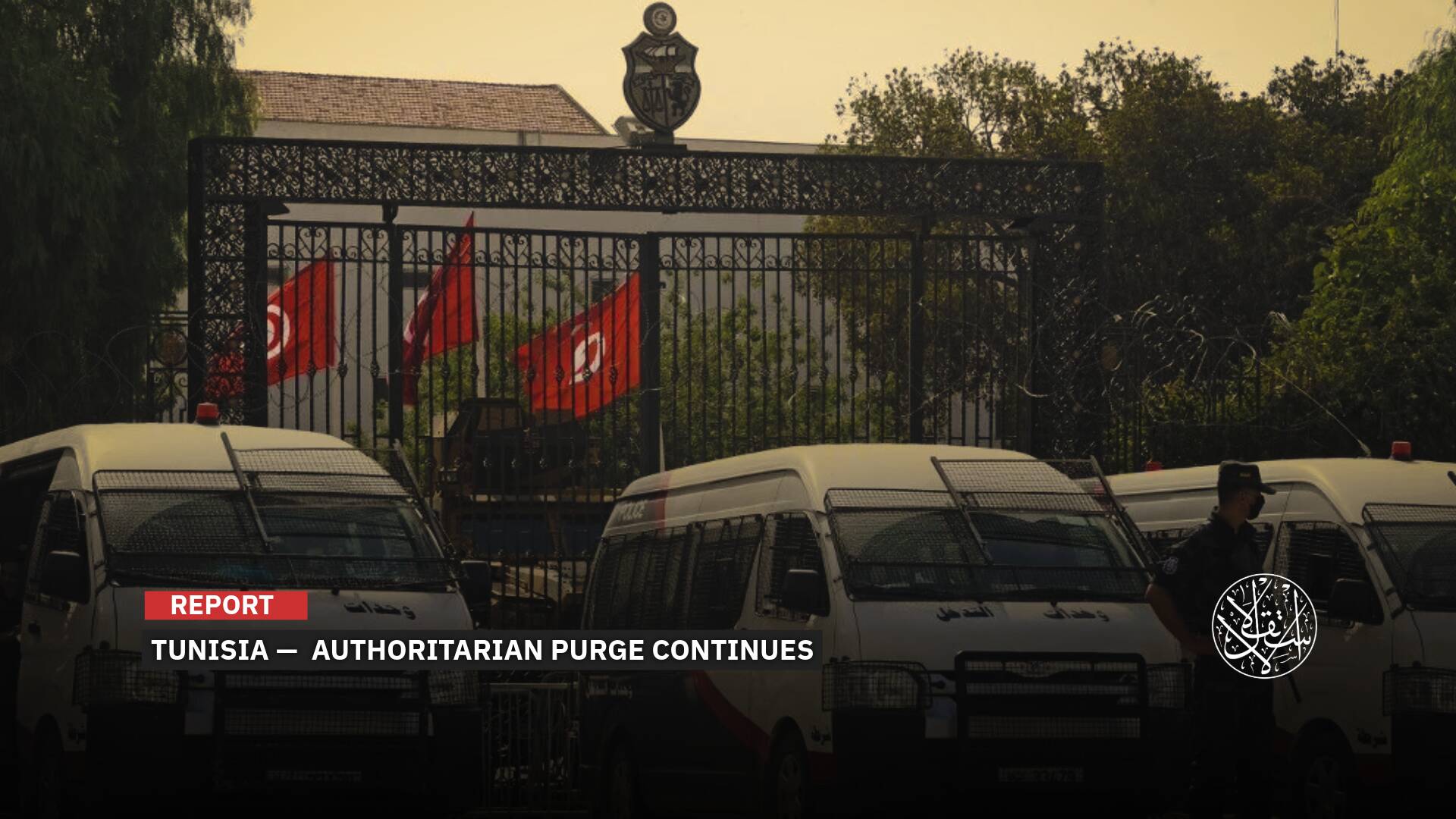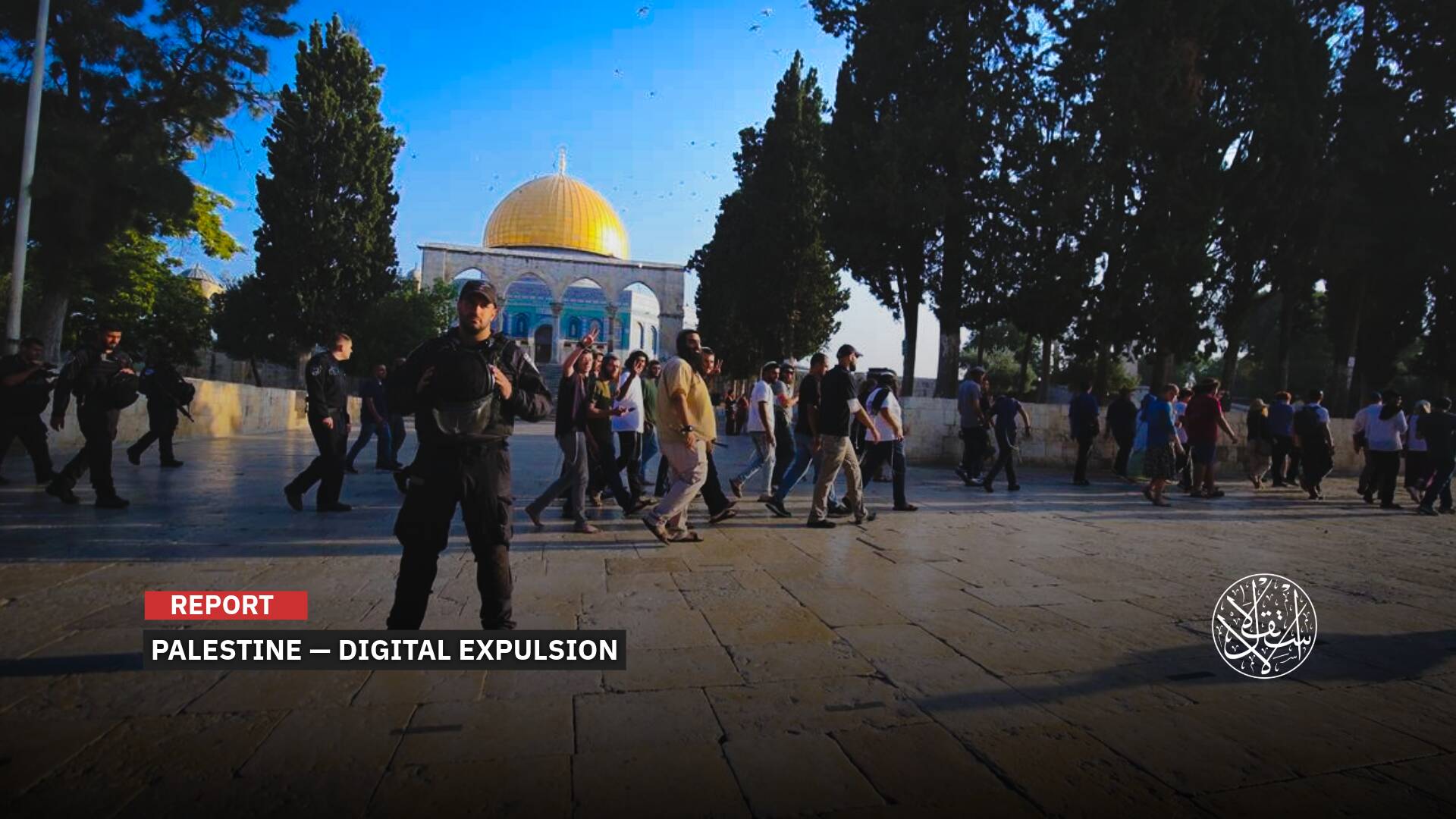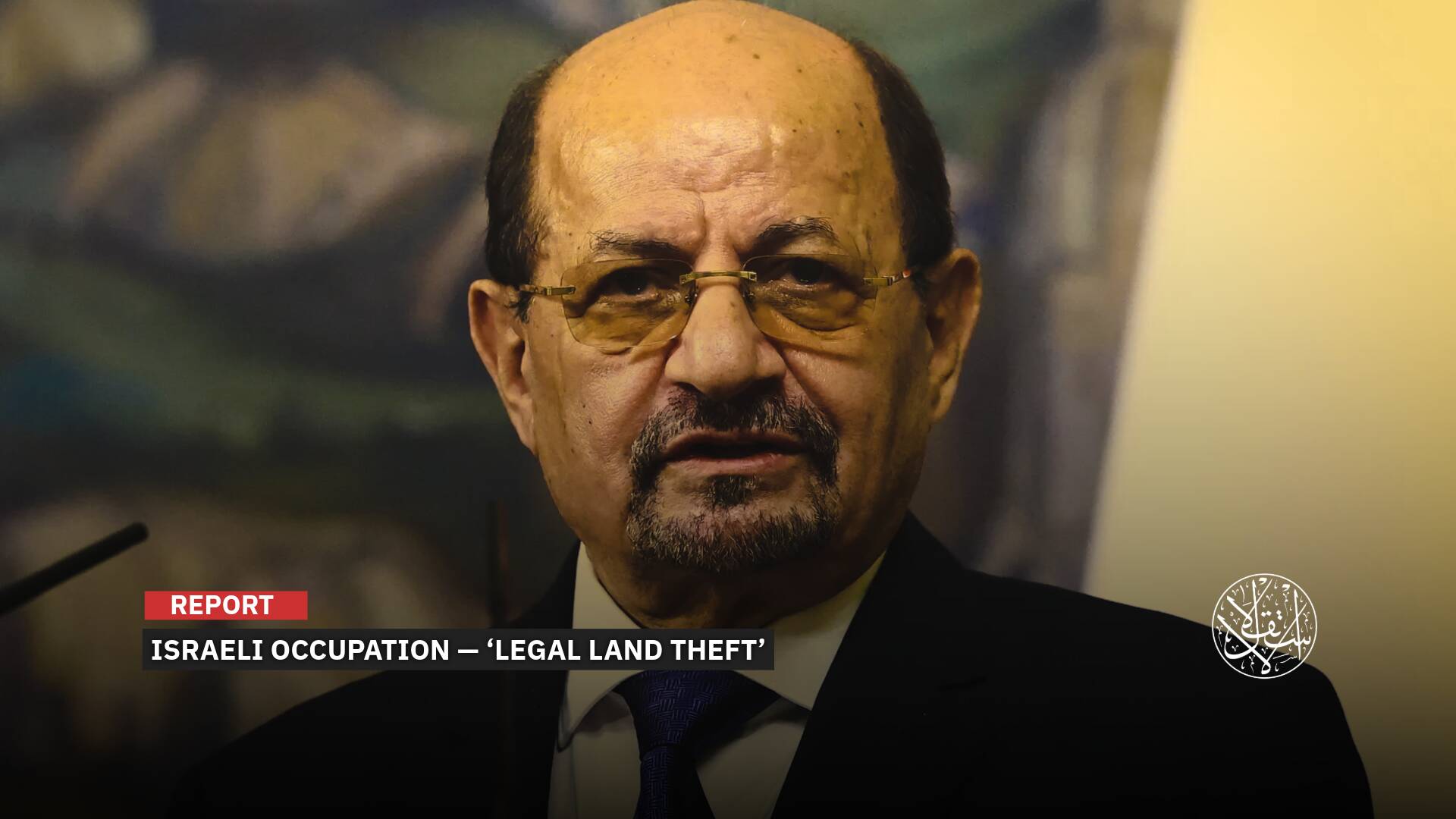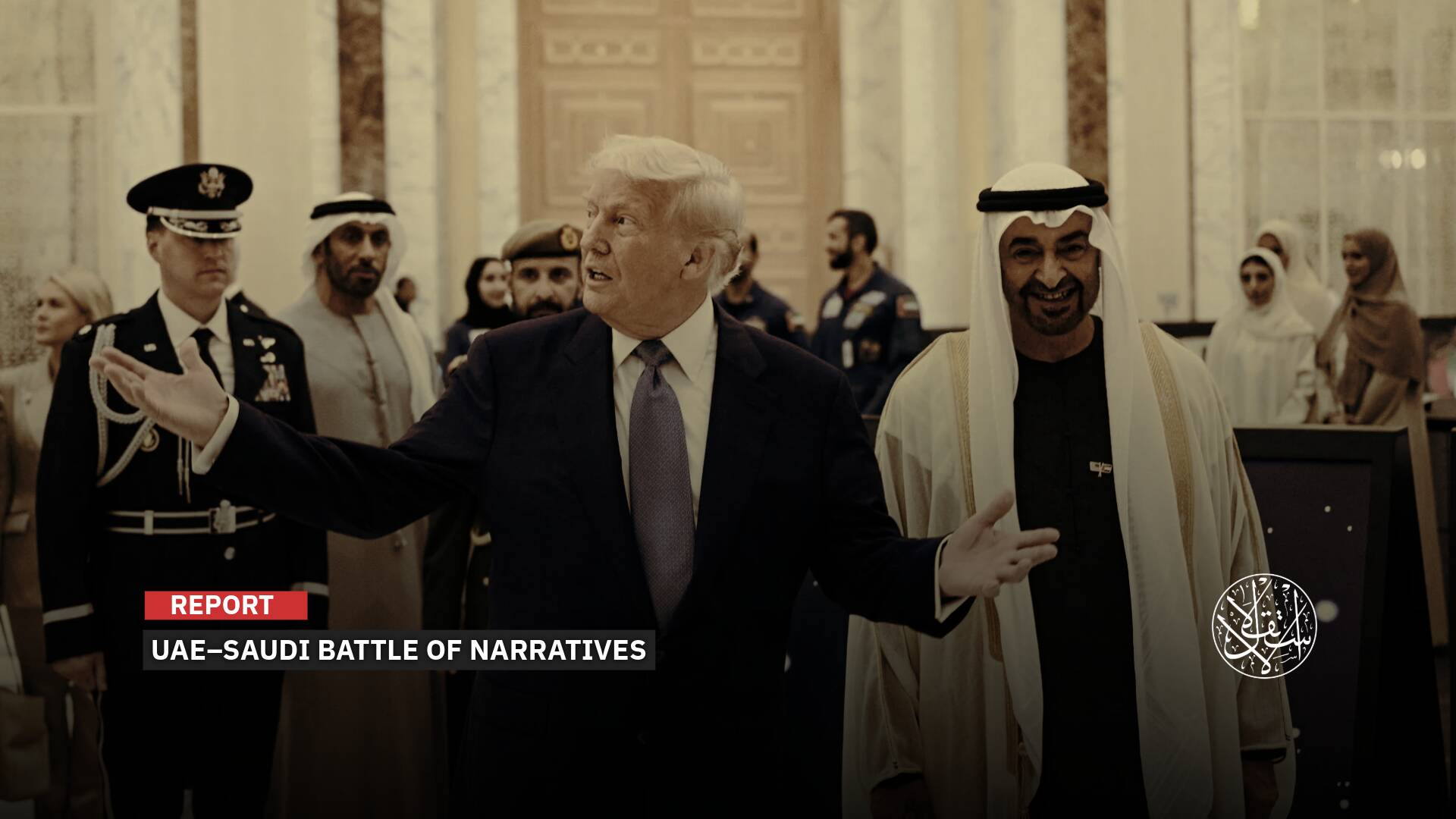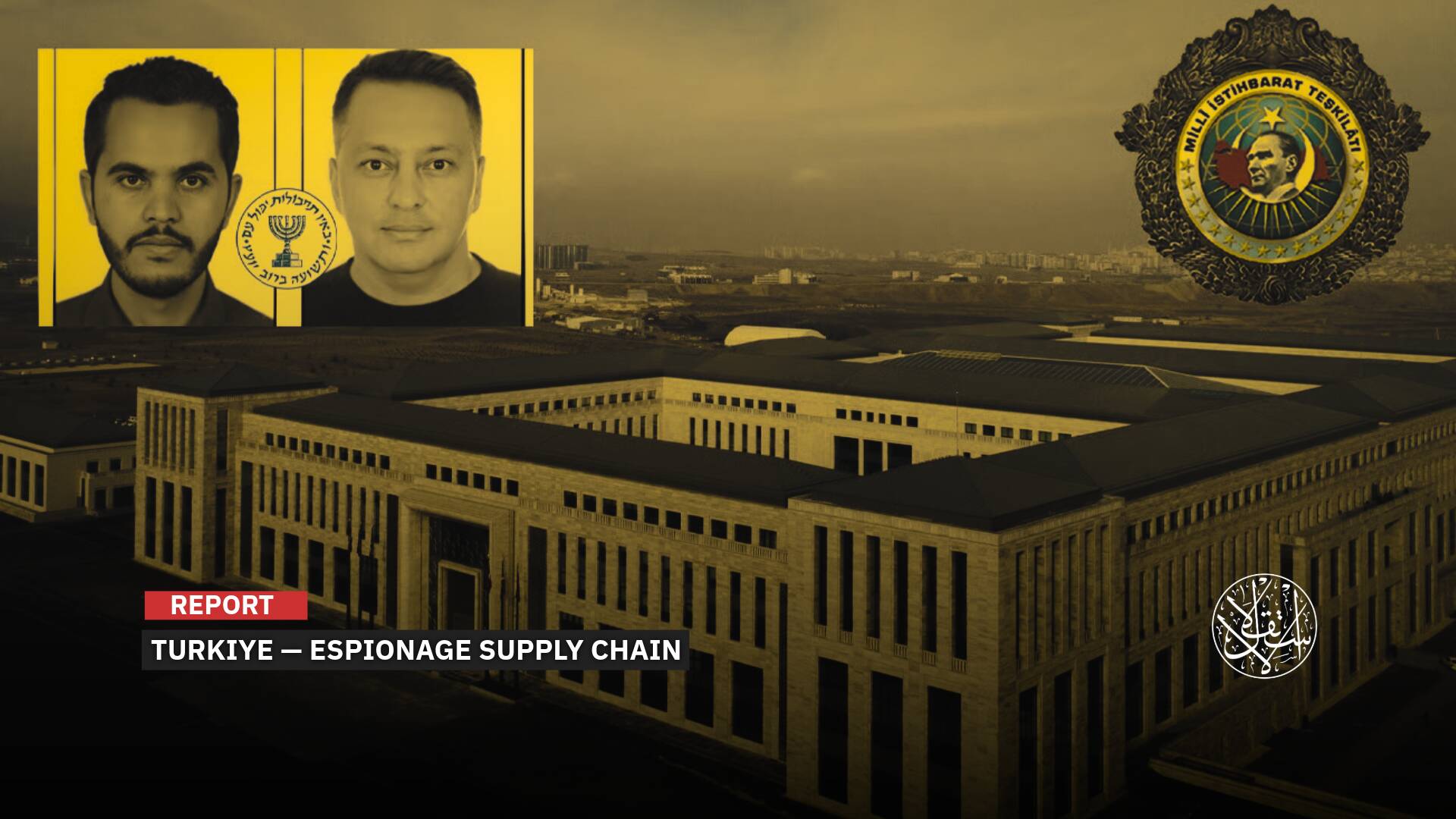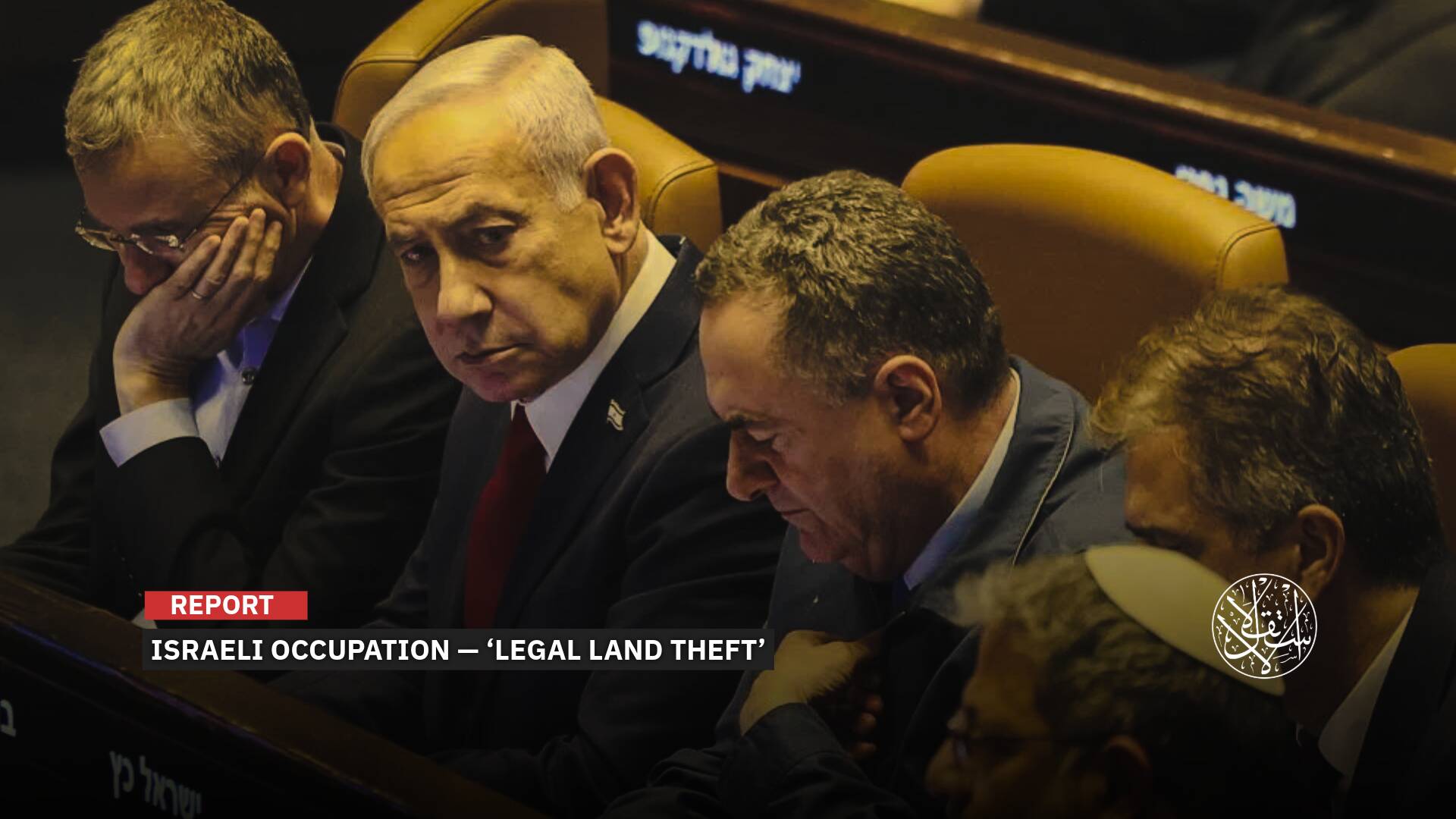External Interference: This Is How the Choices of Turkish Voters Are Influenced

The discussion about the impact of social media platforms on elections around the world has been raised again from different angles, such as the 2020 U.S. elections, the Cambridge Analytica scandal in 2014, and allegations of Russian interference in the 2016 presidential election.
According to this discussion, it has become possible to analyze the behavior of users of social media platforms thanks to the digital data they produce, so that it is easy to direct them in various ways, whether from within or by external parties.
For this reason, access to correct information, circulation, and expression of ideas freely, and the creation of a free debate environment are of great importance to enable individuals to make their own free decisions during the election period.
As the intensifying competition between parties and candidates in the Turkish presidential and parliamentary elections to be held on May 14, and their date approaching, there are concerns about campaigns, social media networks, opinion poll companies, and research centers that seek to influence voter choices and manipulate public opinion, which is a clear threat that deserves close monitoring.
Turkiye is one of the countries in the world that uses social media the most, and the most prominent events witness great interaction, which makes it a tool in determining the political agenda in the country, through which it leads large campaigns with or against the government.
Disinformation Campaigns
TRT World website made it clear in a report on May 5, 2023, that Turkiye has recently been targeted by many continuous disinformation campaigns.
“Fake social media accounts and networks created hashtags to spread panic during the February 6 earthquakes that hit southern Turkiye, and spread fake news seeking to disrupt relief and rescue efforts during forest fires in 2021,” the report added.
In the past month, since the Feb. 6 earthquakes hit Turkiye’s southeast, a targeted campaign spread false accounts and information, especially on Twitter, to incite fear, concern, and panic among citizens.
A study by the Turkish newspaper Sabah delved into Twitter posts made between Feb. 6 and March 13 regarding the earthquakes and discovered that of the 266,334,080 million posts made by 21,493,445 accounts, a total of 5,362,720 were made by bot accounts, corresponding to roughly 25.55% of the total.
The study found that some 27% of these 5.3 million posts, 1,493,256 to be exact, were made by bot accounts managed by FETO and the PKK.
As the important May 14 vote is just a few days away, Turkish officials and voters are concerned about attempts to manipulate some accounts and electronic networks through social media that work to influence the elections, with evidence that reinforces these concerns.
A recent fake news campaign about Turkish President Recep Tayyip Erdogan’s health created confusion, and it only subsided after an official statement from the Directorate of Communications for clarity.
We categorically reject such baseless claims regarding President @RTErdogan’s health.
— Fahrettin Altun (@fahrettinaltun) April 26, 2023
The President will attend tomorrow’s nuclear power plant opening via videoconference.
No amount of disinformation can dispute the fact that the Turkish people stand with their leader and… pic.twitter.com/SSr3KaWXlS
Moreover, Turkish local media reported the discovery of six electronic troll networks, consisting of 121 fake profiles operating at the behest of Turkiye’s opposition party, the Republican People’s Party.
These troll armies have been accused of spreading misinformation and inciting hatred against ethnic groups, while also seeking to manipulate perceptions of voting integrity.
The social media accounts of these networks constantly re-share posts with each other, getting more interaction and reaching larger audiences.
Troll armies made up of fake social media profiles can quickly launch disinformation campaigns and harass targeted social media users.
It is noteworthy that the emergence of social media created new opportunities and significant challenges in the field of communications, especially in the field of news dissemination, and led to the growing role of external interventions aimed at influencing local opinion.

External Influence
A covert manipulation scheme on one of the world’s biggest social media platforms raised concerns that rampant disinformation will affect the perception of the Turkish voter in the run-up to the May 14 vote, as reported by the Turkish newspaper Daily Sabah on March 26, 2023.
The specifically crafted spread of disinformation and manipulative schemes on social media venues, like Twitter, to influence public perception about standing candidates or parties has also long been public knowledge.
There is now a growing fear in Turkiye that one such operation, implemented through the manipulation of trending topics and paid promotions, is targeting the integrity of the upcoming elections.
Deliberate concealing of apolitical content or content created by the supporters of the ruling Justice and Development Party (AK Party) and the promotion of tweets from opposition leaders and supporters, as well as real and bot accounts run by terrorist organizations like the Kurdistan Workers’ Party (PKK) and the Fethullah Terrorist Organization (FETO) on user timelines has been strikingly on the rise, especially last February.
Posts from Kemal Kilicdaroglu, the presidential candidate of the six-party Nation Alliance, have also been pushed for visibility on the platform ever since the electoral schedule has been announced.
The insistent increase in free support and engagement for the opposition accounts comes in stark contrast to the restrictions and censors imposed on accounts close to President Recep Tayyip Erdogan and his AK Party-led electoral bloc People’s Alliance.
It’s also giving rise to the possibility that an external influence on the Turkish vote is afoot, namely from one of its closest allies.
Previous research covering the data set between 2013-2023 indicated that 20 to 50 percent of trending topics in Turkiye are fake and mainly propelled by the use of bots.
Data analytics firm Cambridge Analytica was accused of harvesting the Facebook profiles of millions of U.S. voters and building software programs to influence their choices at the ballot box during the 2016 U.S. elections.
Even the chief of Meta Platforms, Mark Zuckerberg, acknowledged so.
“It has also become clear over the last couple of years that we have not done enough to prevent these tools from being used for harm as well. That goes for fake news, foreign interference in elections, and developers misusing people’s information,” he said.
Election manipulation has been under the spotlight recently with the proliferation of social media platforms.
An Israeli company tried to influence over 30 elections in the world for clients through sabotage, hacking, and spreading misinformation, and an undercover media probe was revealed last February.
It added to a growing body of evidence that shadowy private firms worldwide are profiting from invasive hacking tools and the power of social media platforms to manipulate public opinion.

Politicized Results
Opinion polls are one of the most important tools for predicting election results in most countries of the world, so observers and voters, as well as decision-makers competing in elections, resort to them alike.
However, this does not entirely apply to Turkiye; as researchers in the Turkish issue underestimate the accuracy of the work of opinion poll companies in it, and claim lack of confidence in what is issued by most of them.
Especially since most of the opinion poll companies are directly or indirectly associated with various political parties, which politicizes the results it announces to a large extent, and directs public opinion in the direction it wants by diluting it with unrealistic expectations, and enhances the chances of the party with which it is associated and reduces the fortunes of competitors.
During all the surveys conducted in the past two years to compare Kilicdaroglu and Erdogan, Erdogan was always one step ahead, unlike the surveys conducted since the summer of last year.
In this regard, the prominent Turkish politician Yasin Aktay, a former adviser to Erdogan, says: “Opinion polls are a routine means in elections, and if they are conducted correctly, their results are real, unlike targeted polls that are conducted to display prepared results in advance.”
Dr. Aktay questioned the results of some polls related to the Turkish elections, citing the Reuters poll as an example, and pointing out that it has a well-known trend with regard to the political system in Turkiye, and that it is not surprising that it plays the role of interpreting dreams of the Republican People’s Party (CHP).

Secret Promises
In a separate context, Turkish Interior Minister Suleyman Soylu said, in an interview with a Turkish broadcaster, the United States will attempt to finish the coup d’état they tried to carry out in 2016 during the presidential election, as reported by Sputnik News on May 3, 2023.
Soylu pointed out that what is happening in Turkiye is funded by America, as it did in Hungary and Bulgaria, but Turkiye has changed the rules of the game. We choose our own destiny and will not allow America to interfere in our affairs.
“Hungarian Interior Minister Sandor Pinter had warned him about the U.S. providing financial support for Turkish non-governmental organizations in order to interfere with the upcoming election,” he added.
Soylu continued, “These elections are not the elections for Kilicdaroglu or Aksener, and they are not in the interest of Turkish internal affairs, but rather in the interest of America and the West.”
Soylu stressed that America aims to establish a terrorist organization in Turkiye, saying: “Whoever wants to join the Peoples’ Democratic Party (HDP) really aims to cooperate with America.”
He explained by saying: “It is no secret to anyone the close relationship and cooperation between the CHP and the HDP. All of this is sponsored by America.”
On the other hand, Soylu pointed out that “the memorandum of understanding regarding the joint policies of the opposition Nation Alliance had been revised by the ambassador of one of the European Union countries in Ankara.”
He noted that he had informed the interior minister of this European country about what his country’s ambassador was doing, and about his interference in the Turkish elections, when he came on a visit to Turkiye 4 months ago, stressing that he had an audio recording of that.

In a lengthy tweet via his Twitter account, Turkish President Erdogan said that the leader of the CHP, Kemal Kilicdaroglu, had held secret meetings in the United States and made promises to Western ambassadors and to the PKK, without disclosing their content.
According to the Turkish media, there is talk among Turkish politicians about the existence of leaked recordings that will soon be published of Kilicdaroglu’s meetings and the promises he made, especially after he disappeared for 8 hours in Washington during his visit to the United States.
Sources
- Concerns about social media manipulation ahead of May 14 vote in Türkiye
- Twitter schemes raise meddling concerns ahead of Turkish polls
- Twitter algorithm raises manipulation fears ahead of Turkish vote [Study]
- Social Media Wars on the Way to Elections [Turkish]
- UMay Attempt Coup in Turkiye During Upcoming Presidential Election - Turkish Minister



